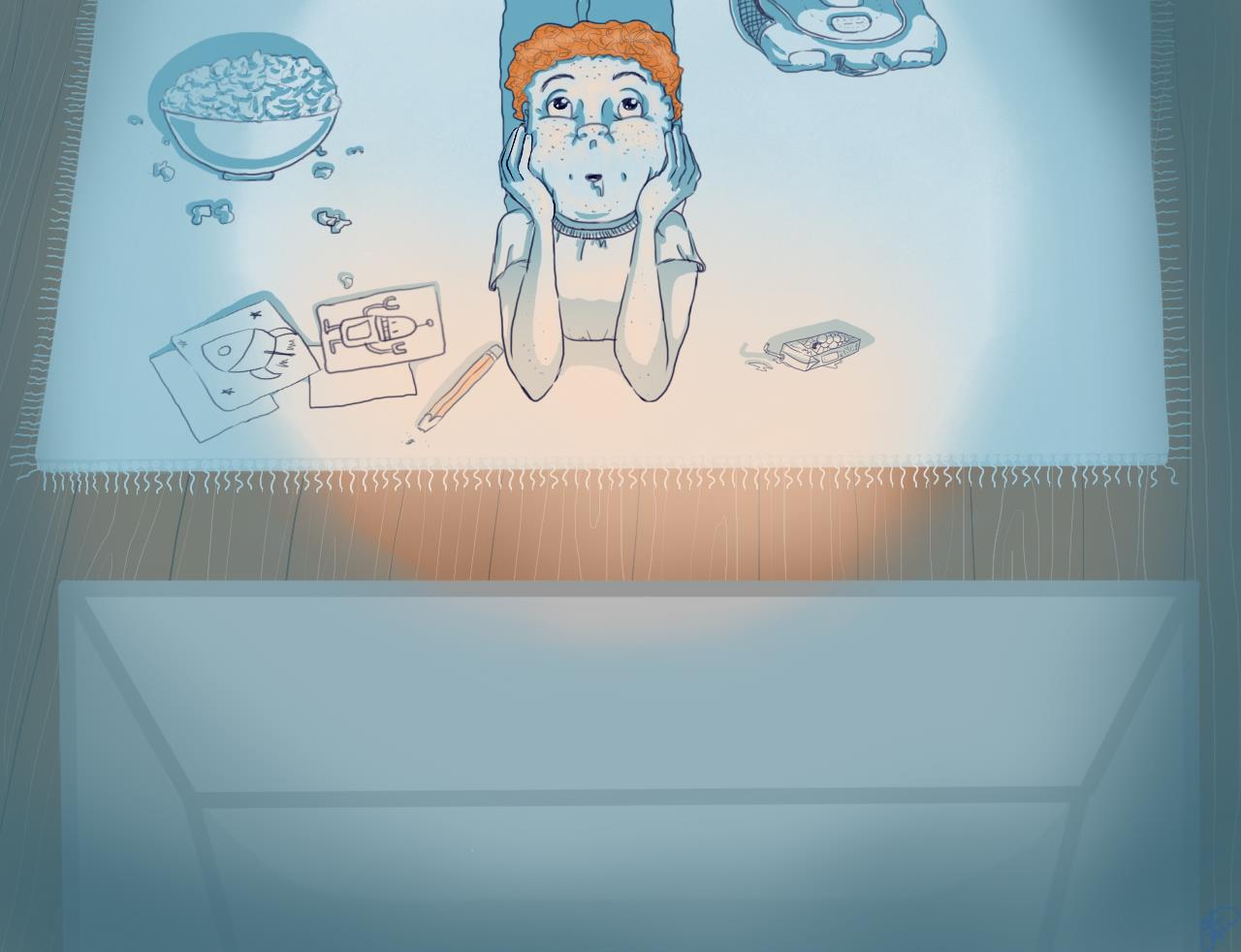Embracing a cartoonish perspective


“D’oh!” was added to the Oxford Dictionary of English in 1998. It’s an exclamation of frustration that is universally associated with The Simpsons and recognized as the catchphrase of loveable dimwit Homer Simpson. It’s a definitive example of the impact that cartoons have had on pop culture history.
As a little kid, along with my “normal” arsenal of television shows that I would regularly watch, The Simpsons was always at the top of my list. I loved it. It was something that my dad allowed me to put on when my mom was at work and she eventually gave up fighting its influence over me when she realized her attempts were fruitless.
For as long as I can remember, cartoons like The Simpsons, Futurama and King of the Hill were staples on my journey from overly talkative, curious child, to very opinionated adult. They were essential entertainment staples that I could never get sick of and I ended up gaining something valuable from the episodes that I would tune in to watch each week.
I heavily related to Lisa Simpson and admired everything that she stood for. I marveled at Bobby Hill’s unshakable confidence, I envied Leela’s independence and I endlessly wondered what Kenny looked like without his iconic orange coat.
They sparked my interest in numerous things that I love today, from music to books to movies. Catching an episode of The Simpsons pretty much ensured that I was subject to countless references that would peak my curiosity if I didn’t understand them. Without the constant bombardment of historical allusions, countless guest stars and political jokes, I likely wouldn’t have had the same exposure to pop culture knowledge that I did.
The unexpected heart that beats inside these cartoons is my favourite element about them. I can honestly say that I’ve cried more than I’d like to admit over certain episodes of these animated gems, in a way that I haven’t with other movies or television shows.
The first time I saw the Futurama episode “Jurassic Bark,” the emotional fallout I experienced watching Fry’s beloved dog Seymour wait twelve years for him before he died, was indescribable.
Seeing Homer tearfully wish his mother goodbye for the second time and look wistfully up at the stars in “Mother Simpson,” still gets me no matter how many times I watch it.
The value that these cartoons have don’t begin and end at their crude humour, silly plot lines or ridiculous one liners. They are a small part of the larger impression they leave on their audiences and entertainment as a whole.
The social commentary of South Park, evolved my understanding of what satire really was and what it looked like when it was done right. They touched on issues almost no other television show would even attempt to use for humour and they continue to do it well.
I have an unending fondness for Hank Hill and his love of lawn care. He’s a stereotypical Texan with simple tastes, but he loves his family and he grows to accept his somewhat peculiar son. These simple values are entwined into nonsensical stories like Peggy sneaking Hank extra testosterone to give him more energy.
It’s television at its finest when I’m able to grow attached to animated characters and still laugh through their 20 minutes of screen time.
The legacy that cartoons will leave and have left, is incomparable to almost anything else on television. Globally recognizable and iconic in their own right, these are the creations that will inevitably be remembered for years to come, regardless of whether you enjoy them or not.
Rather than being a poor influence on me growing up, I somehow managed to learn something from them and shape my own sense of humour through the jokes that I heard. Episodes of The Simpsons may not be up to snuff with what they once were, but I can safely say that I’ll never lose that familiar feeling of fondness when I hear the theme’s opening notes and see the famous family crowding onto the couch.


